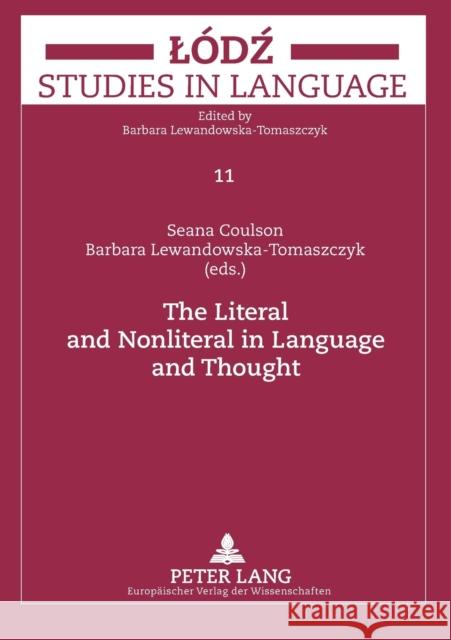The Literal and Nonliteral in Language and Thought » książka
topmenu
The Literal and Nonliteral in Language and Thought
ISBN-13: 9783631541692 / Angielski / Miękka / 2005 / 400 str.
Kategorie:
Kategorie BISAC:
Wydawca:
Peter Lang AG
Język:
Angielski
ISBN-13:
9783631541692
Rok wydania:
2005
Numer serii:
000323760
Ilość stron:
400
Waga:
0.52 kg
Wymiary:
15.1 x 21.0 x 2.5
Oprawa:
Miękka
Wolumenów:
01
Dodatkowe informacje:
Bibliografia











